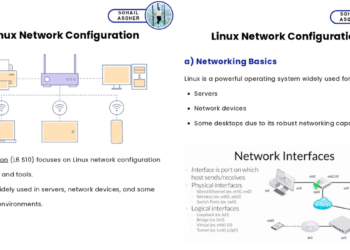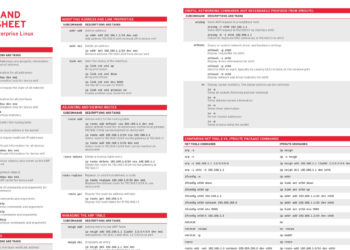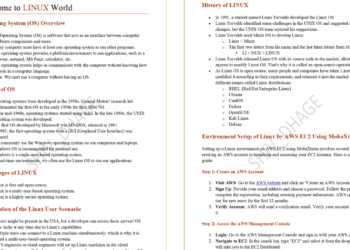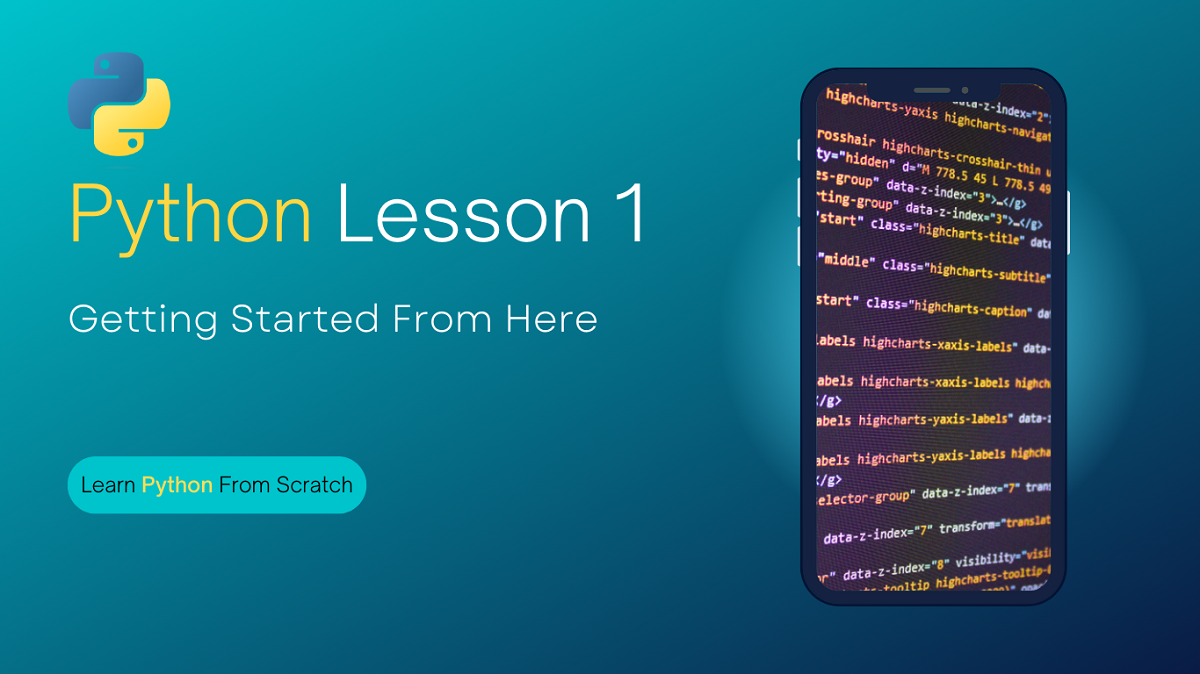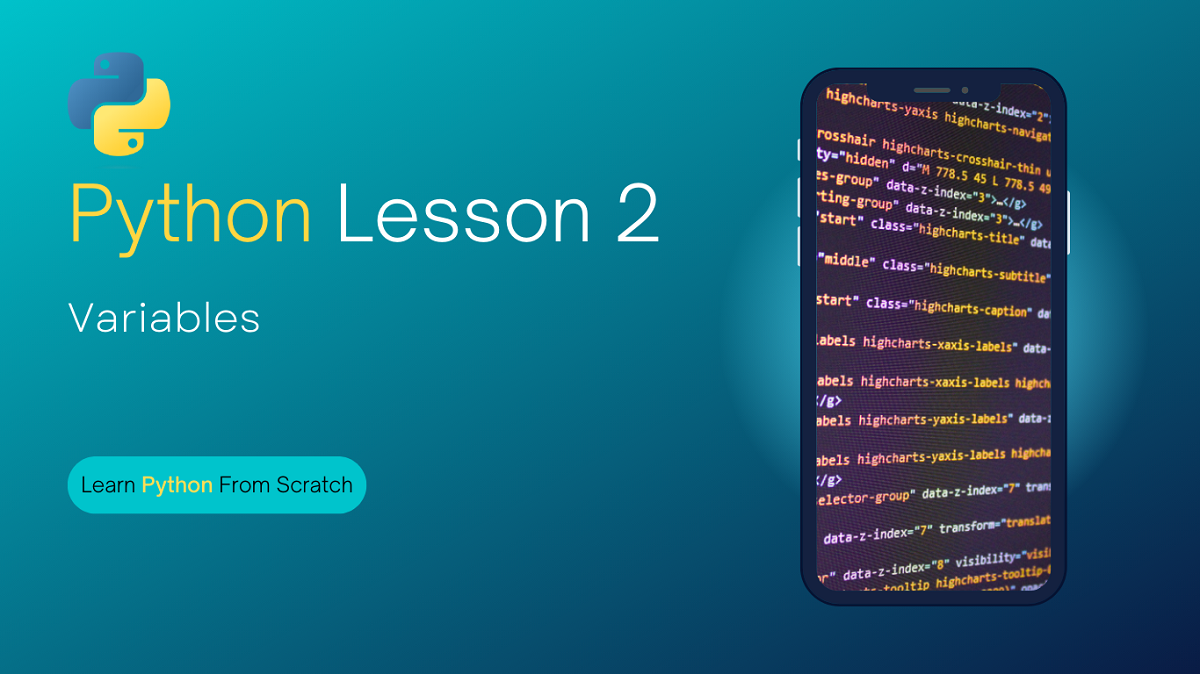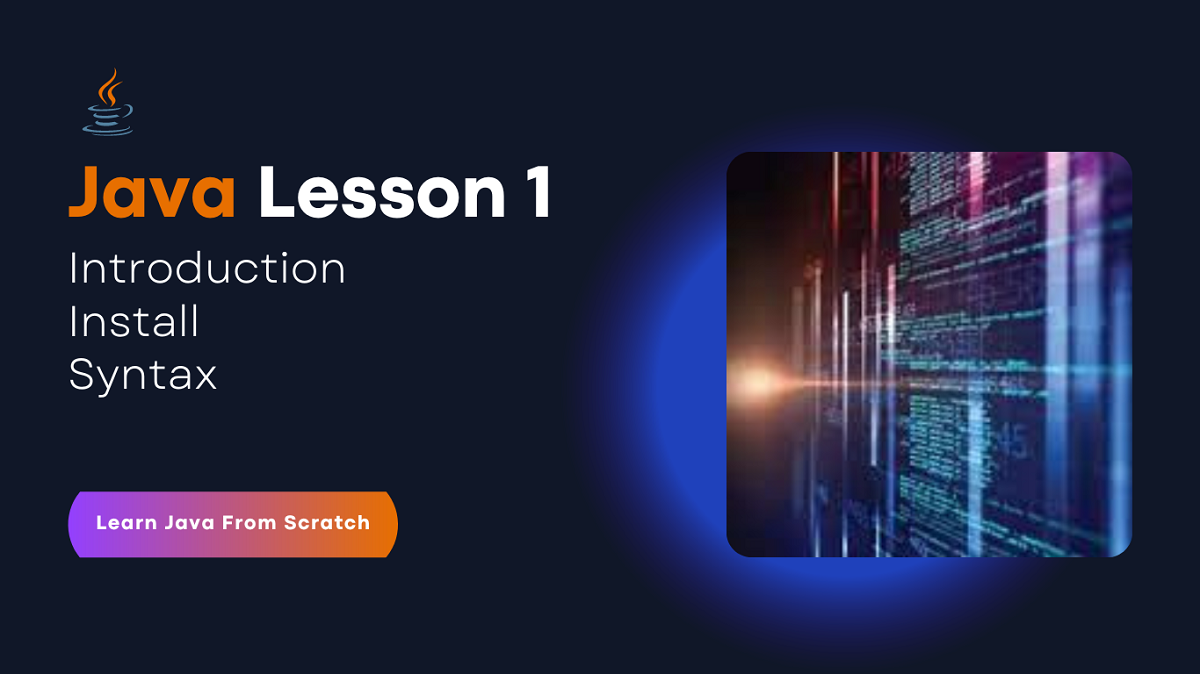Linux Commands Handbook: Your Comprehensive PDF Resource
The Linux command line is a powerful tool that provides users with unparalleled control and flexibility over their Linux systems. Whether you’re a beginner starting your Linux journey or an experienced user looking to expand your command line knowledge, having a comprehensive handbook of Linux commands is essential.
Introducing the “Linux Commands Handbook: Your Comprehensive PDF Resource.” This invaluable guide offers a vast collection of Linux commands, complete with detailed explanations, usage examples, and practical tips.
Let’s explore this PDF resource and empower ourselves with a comprehensive handbook for mastering Linux commands!
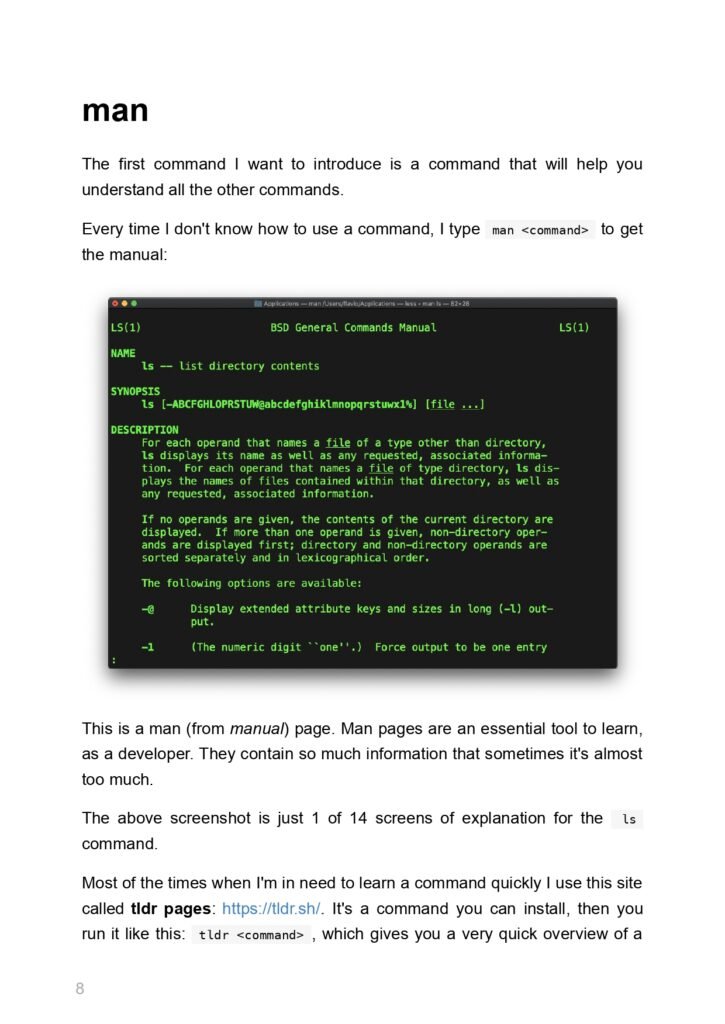
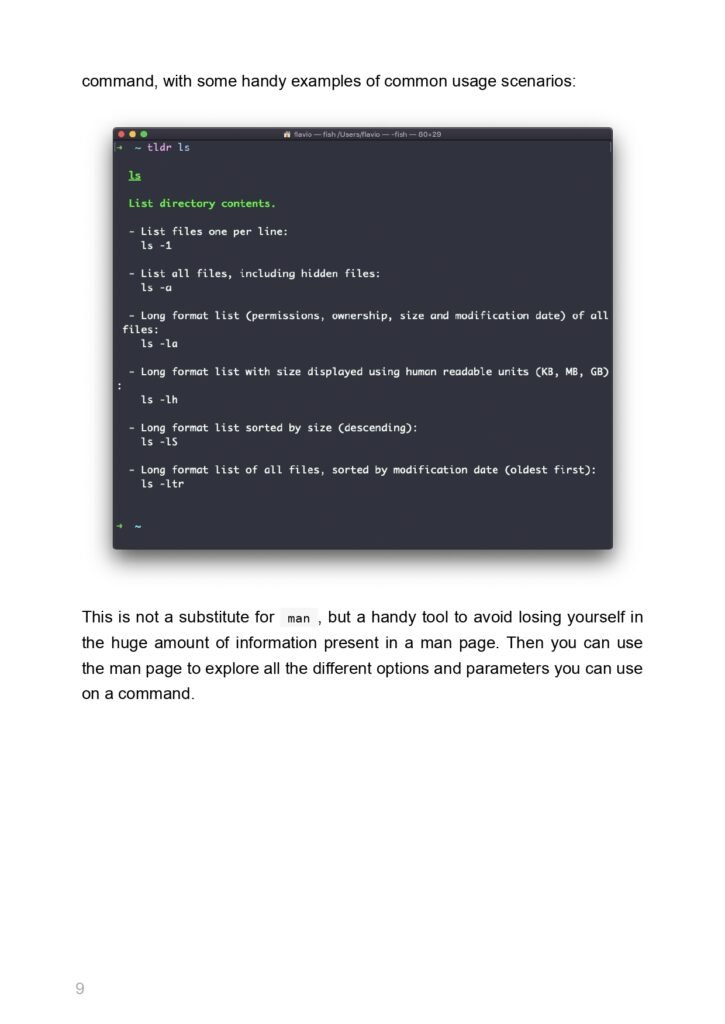
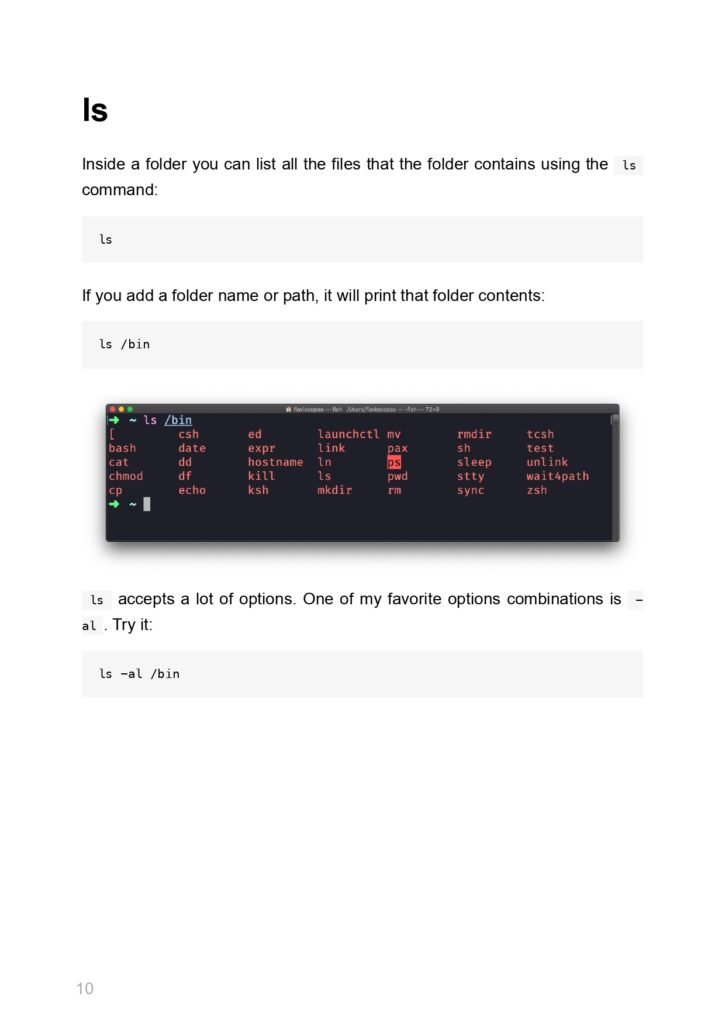
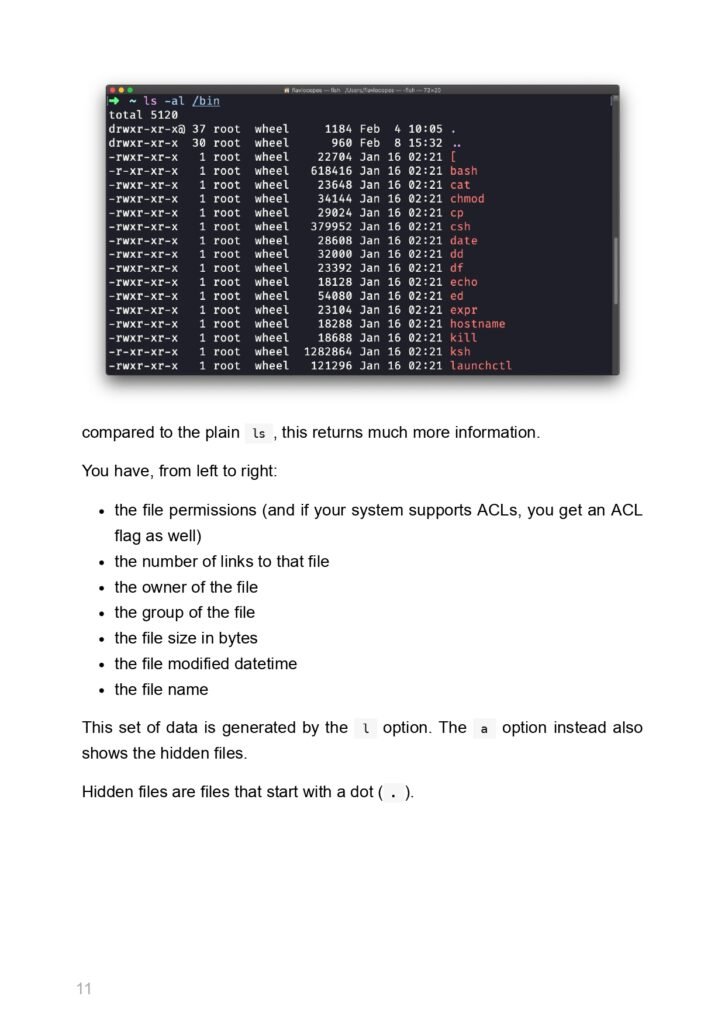
The Value of a PDF Handbook:
The “Linux Commands Handbook” provides numerous advantages for users who want to deepen their understanding and proficiency with Linux commands:
a. Comprehensive Command Collection: The handbook includes an extensive range of Linux commands, covering various aspects of system administration, file management, networking, process control, and more. It serves as a one-stop reference for all your command line needs.
b. In-Depth Explanations: Each command is accompanied by a detailed explanation, offering insights into its purpose, functionality, and usage. You’ll gain a thorough understanding of how and when to use each command effectively.
c. Practical Usage Examples: The handbook provides practical examples for each command, illustrating real-world scenarios where the command is applied. These examples offer hands-on guidance and help you grasp the command’s practical applications.
d. Command Syntax and Options: Each command is presented with its correct syntax, along with a comprehensive list of available options and arguments. This ensures that you use the commands accurately and take advantage of their full capabilities.
e. Tips and Best Practices: Benefit from a wealth of tips, tricks, and best practices associated with each command. These insights help you optimize your command line usage, improve efficiency, and avoid common pitfalls.
f. Portability and Accessibility: The PDF format allows you to access the handbook on multiple devices, such as computers, tablets, or smartphones, making it convenient for quick command reference whenever and wherever you need it.
g. Offline Availability: Once downloaded, the PDF resource becomes an offline reference that you can access even without an internet connection. This ensures immediate access to command information without relying on internet connectivity.
Table of Contents:
- man
- ls
- cd
- pwd
- mkdir
- rmdir
- mv
- cp
- touch
- find
- ln
- gzip
- gunzip
- tar
- alias
- cat
- less
- tail
- wc
- grep
- sort
- uniq
- diff
- echo
- 2chown
- chmod
- umask
- du
- df
- basename
- dirname
- ps
- top
- kill
- killall
- jobs
- bg
- fg
- type
- which
- nohup
- xargs
- vim
- emacs
- nano
- whoami
- who
- su
- sudo
- passwd
- ping
- traceroute
- clear
- 3history
- export
- crontab
- uname
- env
- printenv
- Conclusion
Master Linux Commands:
The “Linux Commands Handbook” PDF resource is an indispensable tool for anyone seeking to master Linux commands. With its comprehensive command collection, detailed explanations, practical examples, and the convenience of the PDF format, this handbook equips you with the knowledge and resources to become proficient in the Linux command line. Download the handbook, keep it accessible, and unlock the full potential of Linux commands.
Whether you’re a beginner or an experienced user, the “Linux Commands Handbook” will serve as your go-to resource for mastering Linux commands. With its comprehensive command collection, in-depth explanations, practical examples, and valuable tips, this PDF handbook empowers you to navigate and manage your Linux system with confidence and efficiency. Download the PDF resource, keep it accessible, and enhance your command line skills. Embrace the power of Linux commands, streamline your workflow, and become a proficient Linux user with this essential handbook. Happy command line exploration and mastery!
Nu Of Pages:
133 Pages
To Download PDF:
Explore Our Linux Notes From here


